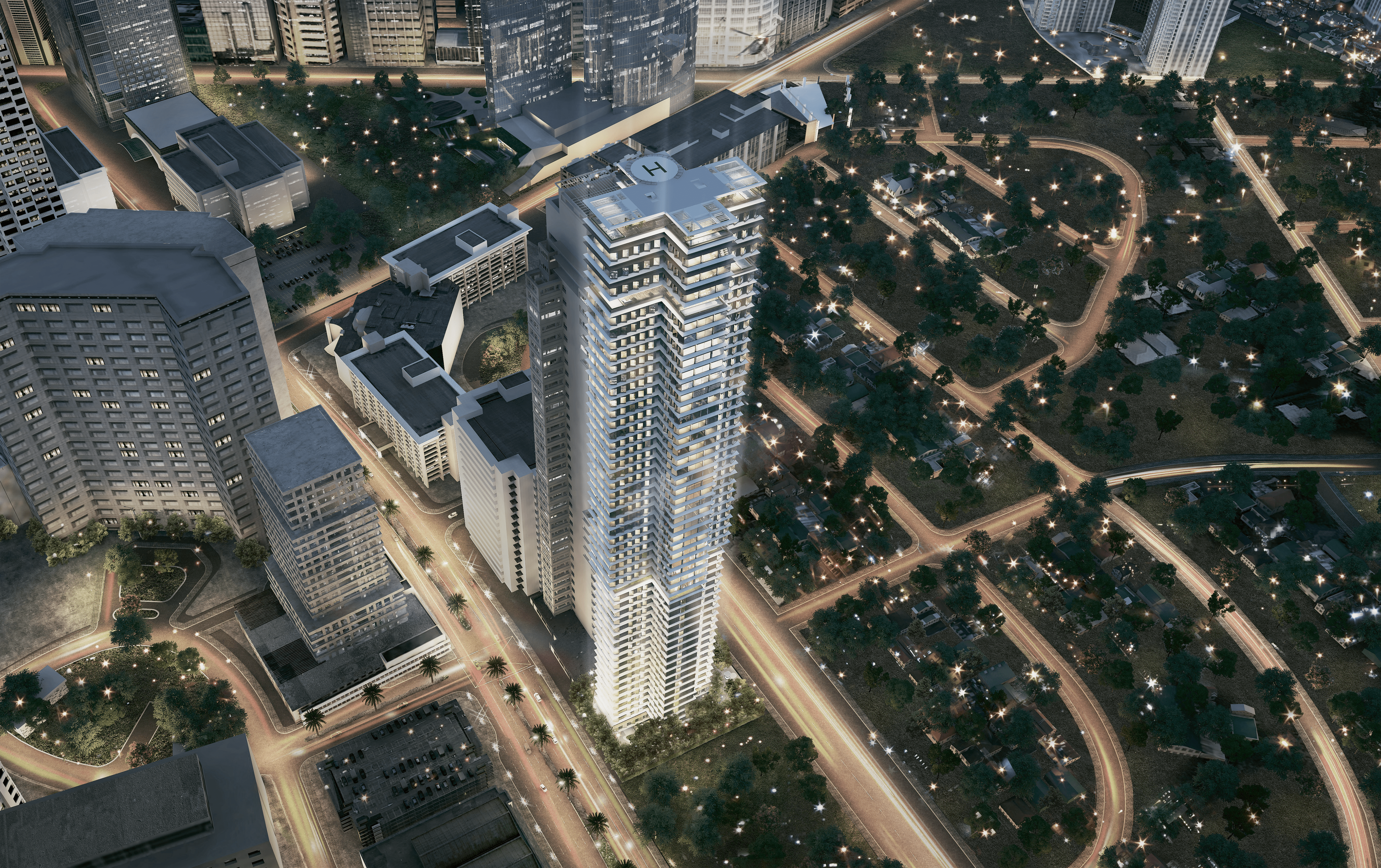Makati cityscape set for transformation with Foster + Partners' The Estate
London lands in Makati
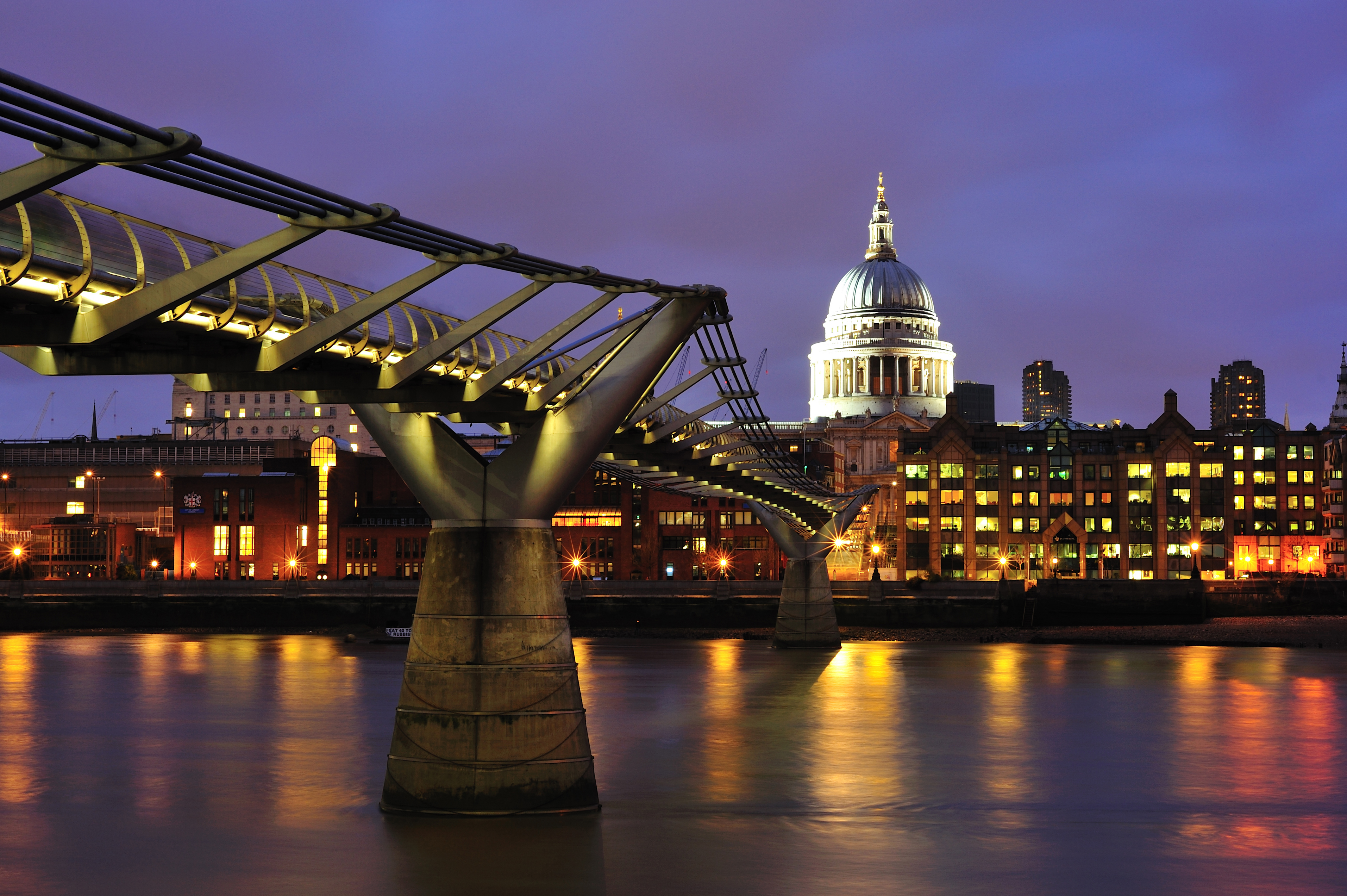
Foster + Partners, founded by Sir Norman Robert Foster, one of the world’s leading architects and creator of architectural masterpieces like the Gherkin in London is set to build an iconic residential tower in the Philippines.
In an interview with the Financial Times, Norman Foster remarked, “The older I get, the more I realize it’s not about the building but about the city.” And he set out to change the landscape of London and the United Kingdom.

From humble beginnings—his father was a factory worker and his mother was a waitress—Foster rose to great heights. He studied architecture and city planning at the University of Manchester in England. And he embarked on further education at the Yale School of Architecture in the United States.
Foster gained fame in the early 1970s as the architect of Willis Faber and Dumas headquarters in Ipswich. The eco-friendly and open-plan design was radical for its time. He followed through with the Sainsbury Centre for the Visual Arts in Norwich, a vast airy glass-and-metal-paneled shed. The culmination of this innovation was seen when Foster encased the court of the British Museum in London under a spectacular steel-and-glass roof. On its inauguration, Queen Elizabeth II stated, “The Great Court will benefit the millions of people who come to the British Museum every year. We can be confident that it will become a landmark associated with the new millennium.”
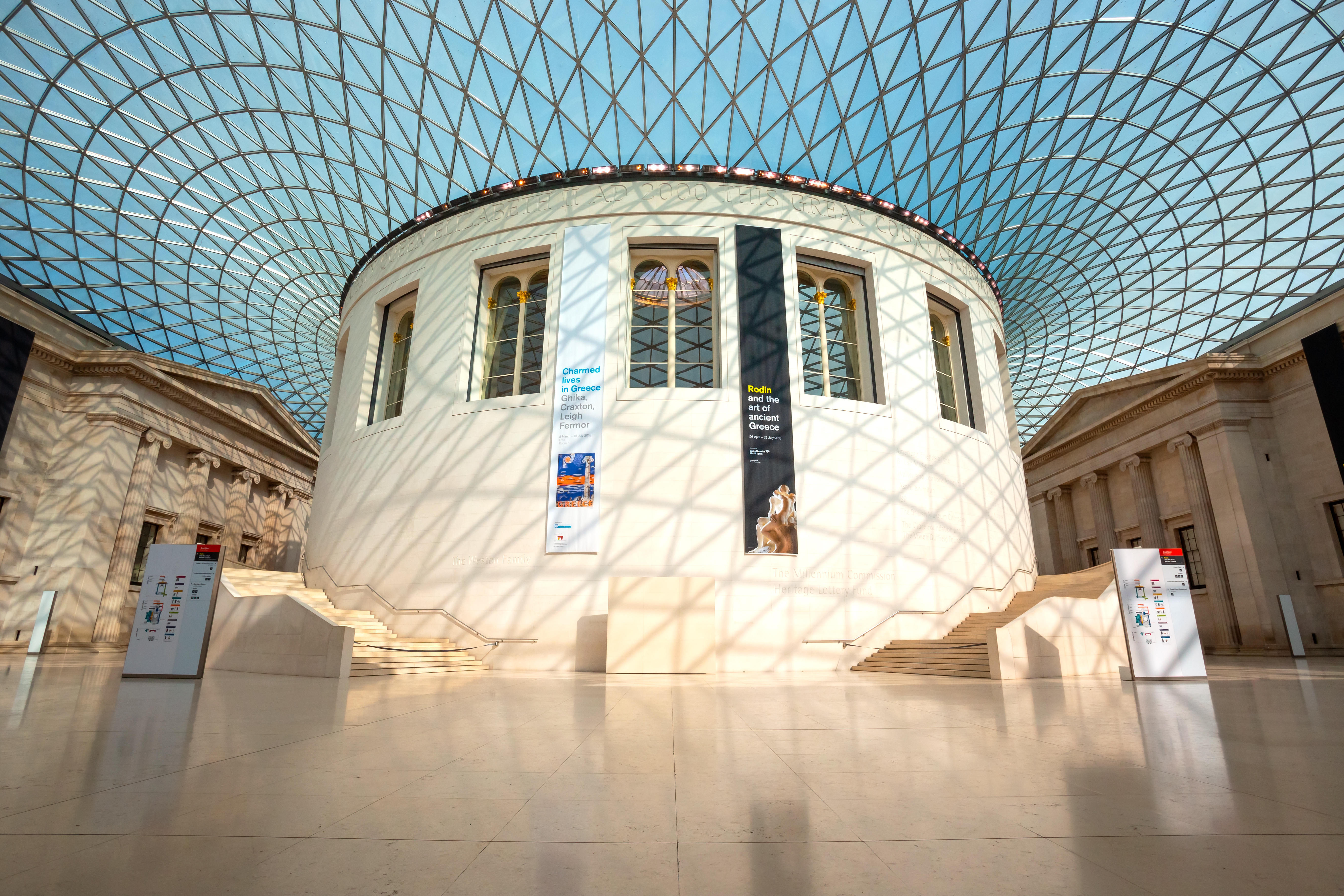
Foster + Partners, a global practice responsible for some of today’s most iconic and sustainable buildings, turned to creating landmarks in the UK and around the world at the beginning of the 21st century.
In 2004, Foster designed a remarkable building, the Swiss Re headquarters, affectionately known as the Gherkin because of its resemblance to a small cucumber. The Gherkin’s glass exterior provides stunning views and natural light and facilitates energy-efficient ventilation.
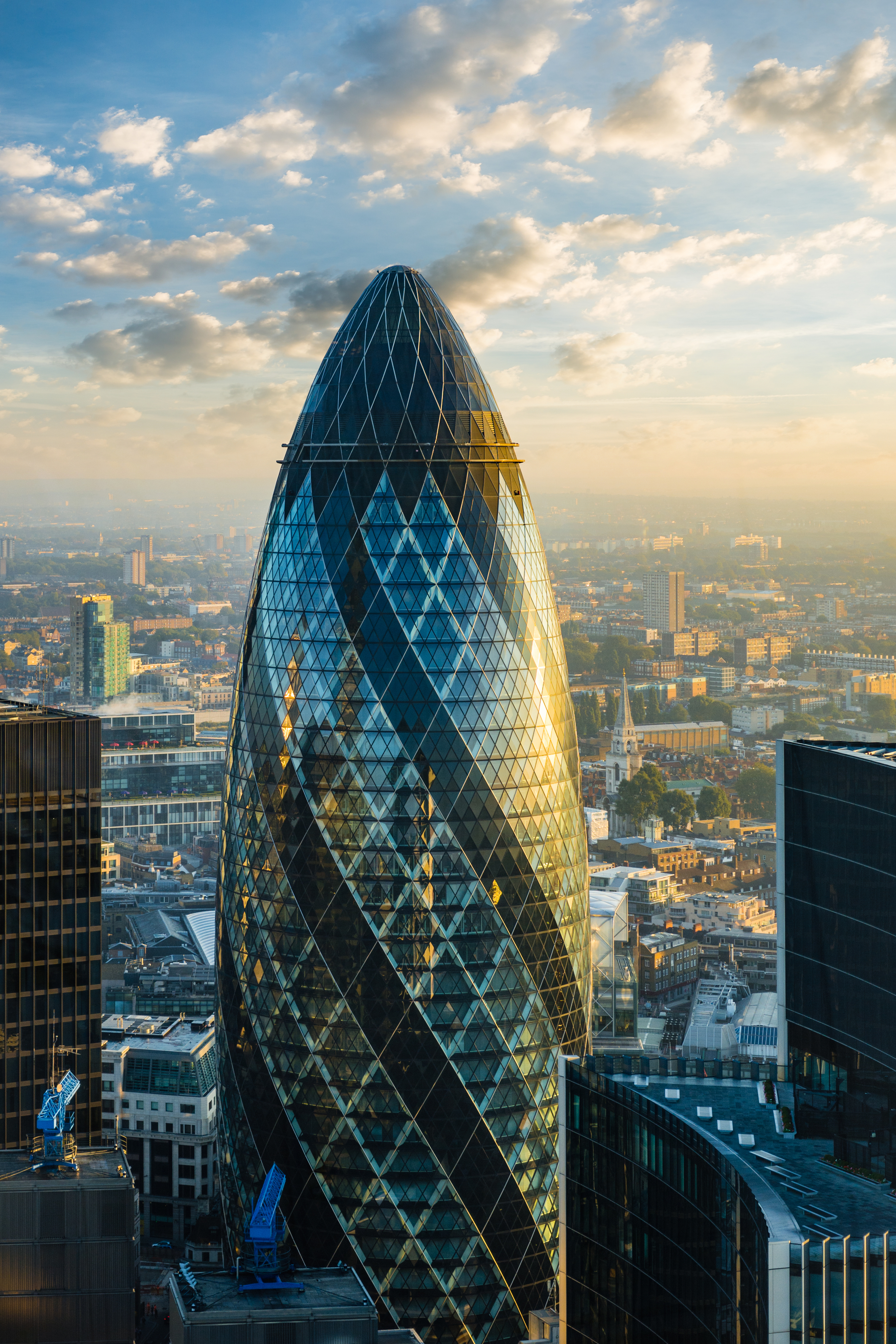
Another Foster London landmark is the London City Hall with its world-famous glass facade. This architectural transparency, which blurs the boundaries between interior and exterior, is an integral part of the Foster design.
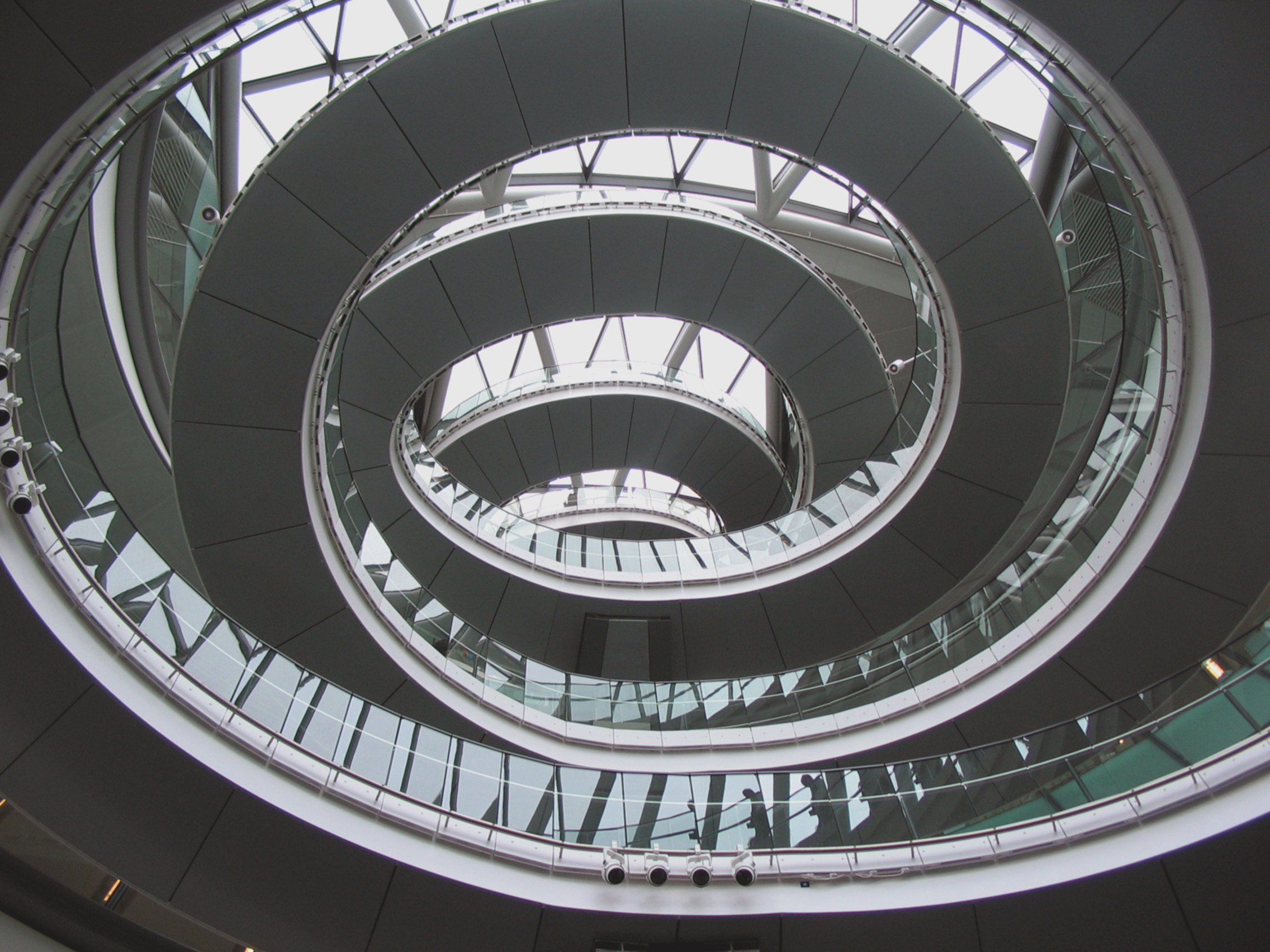
In the Philippines, Foster is set to create a masterpiece—The Estate Makati. A prestigious joint project by the SM Development Corporation and Federal Land, The Estate Makati is a rare Foster residential project.

The Estate Makati is poised to change the Makati cityscape with its unique cruciform shape. It will be the tallest building along Ayala Avenue, expected to top off at 270 meters. Inside is a celebration of space, as the building is entirely column-free due to the unique core and cantilevered beam design.
Carrying the signature of Foster, The Estate Makati will embody a long tradition of innovative designs, which started in the city of London and has flourished around the world.
